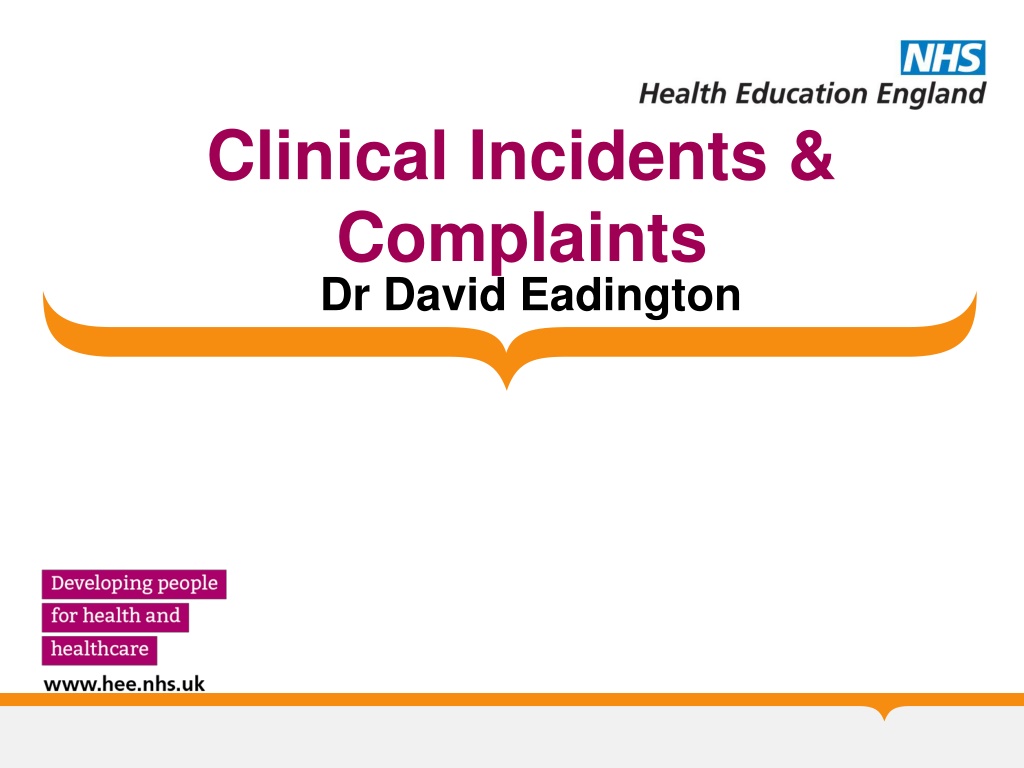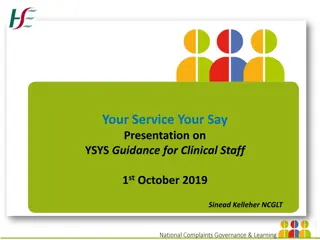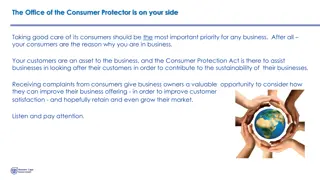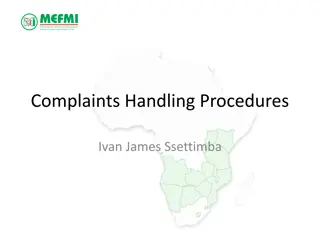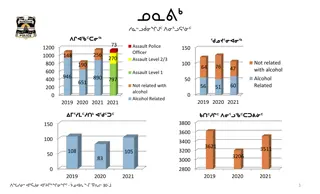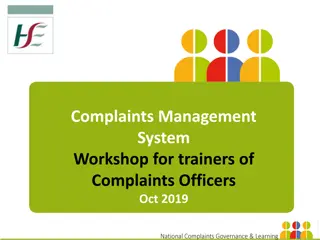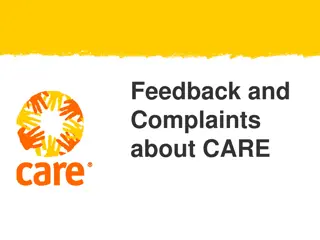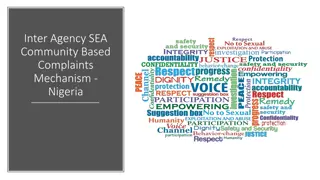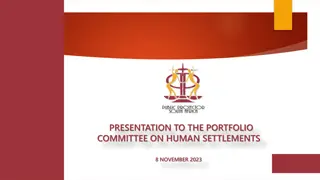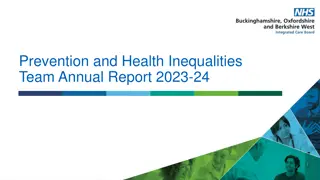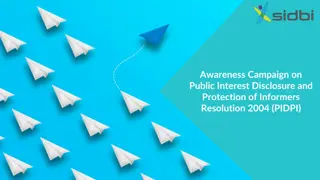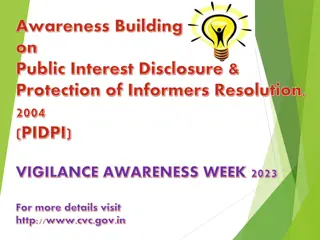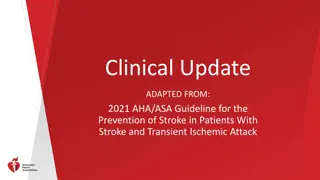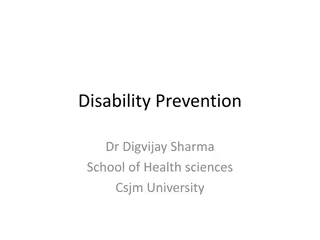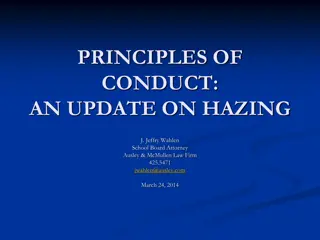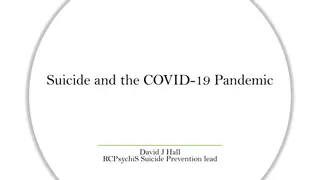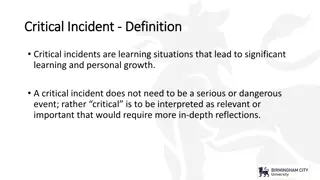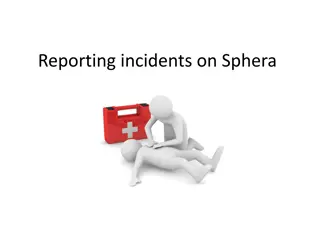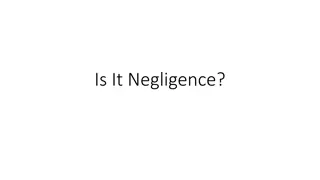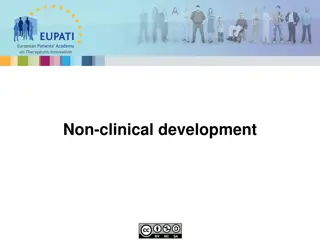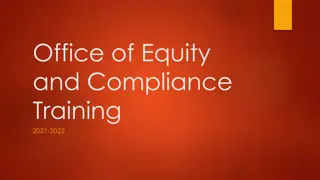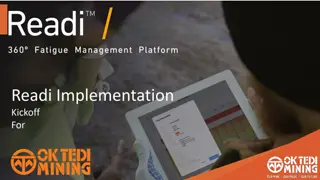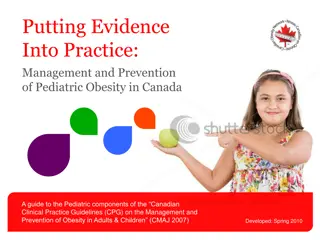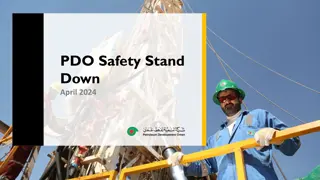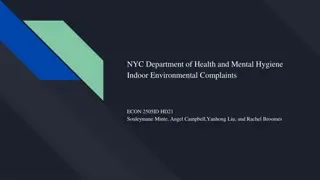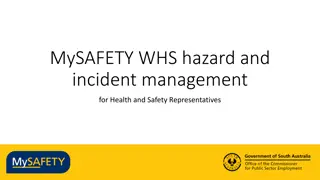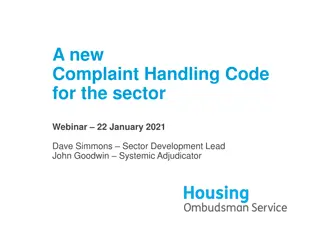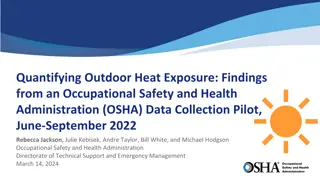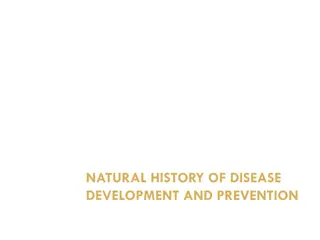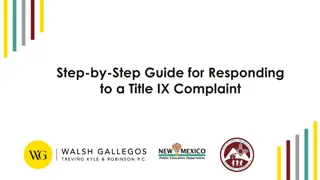Clinical Incidents and Complaints: Understanding, Management, and Prevention
Explore the definition of clinical incidents, learn how to recognize and react to them, understand patient complaints, and discover ways to prevent incidents and complaints in healthcare settings. Discover who to report incidents to and how healthcare organizations handle complaints. Gain insights into why patients complain and how healthcare trusts address complaints with openness and early meetings rather than letters.
Download Presentation

Please find below an Image/Link to download the presentation.
The content on the website is provided AS IS for your information and personal use only. It may not be sold, licensed, or shared on other websites without obtaining consent from the author. Download presentation by click this link. If you encounter any issues during the download, it is possible that the publisher has removed the file from their server.
E N D
Presentation Transcript
Clinical Incidents & Complaints Dr David Eadington
Learning Objectives Be able to recognise and react correctly to a clinical incident Understand why patients/families complain Know ways to behave which can reduce the risk of provoking a complaint Be able to recognise adverse events and complaints as a source of learning
Questions for you to reflect on: What is a clinical incident ? What should you do ? Who should you tell ?
Definition Clinical Incident: a situation or event causing potential or actual harm to the patient or staff. Diagnosis Investigations Treatment planning Prescribing Clinical Procedures Record keeping Failure of team working
Who to tell? Ward sister/matron Ward registrar Consultant Enter on Trust reporting system e.g. DATIX in Hull
What happens to clinical incident reports ? The Trust clinical governance department collates them into categories and severity. Departmental governance leads review all their own reports and investigate/feedback. Becomes part of departmental internal governance and learning. The most serious (involving serious injury or death) are called Serious Incidents (SI), and move onto a much higher level of reporting and investigation.
Complaints Why do patients/relatives complain? What do Trusts do with complaints? How can we avoid them?
Why do patients complain? Bereavement reaction o Denial / Anger / Grief / Acceptance I don t know what happened Why did it go wrong? It went wrong someone must be blamed
What do Trusts do with complaints? Early meeting, not letters Senior clinicians Openness
How can we avoid them? Anticipate when a problem may be arising Address patient concerns early Avoid mis-communication Involve senior staff Involve PALS (Hull) or equivalent Patient Advocacy Liaison Service)
Information from complaints is under-exploited as a learning resource
Have you achieved the learning objectives? Final Assessment What do you think you have learned? What are you going to study further? What could be done to improve this module?
